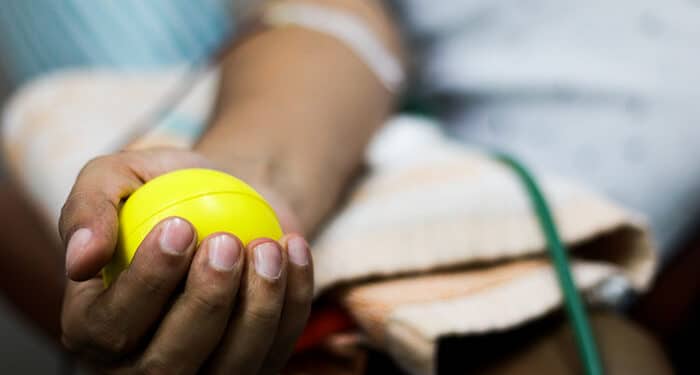The World Donor Day, a global initiative to raise awareness of the need for safe blood, is observed on June 4 of every year.
Blood donation is a life-saving duty, as there is always blood available in cases of emergencies.
The World Health Organization (WHO) has assigned the theme, “Give blood, give plasma, share life, share often.” For 2023, a theme that highlights the crucial role that every individual can play by giving the valuable gift of blood and plasma.
Who can donate blood:
- Donors should be between the ages of 18 and 65, although age restrictions may vary in different regions.
- It is advisable that one weighs above a certain minimum weight, usually around 50 kilograms or 110 pounds.
- Donors should not have any acute illnesses, infections, or chronic conditions that may pose a risk to them or the recipient.
- Donors need to have an adequate hemoglobin level (the protein in red blood cells that carries oxygen) to ensure their own well-being and the viability of the donated blood.
- Some countries have specific guidelines regarding recent travel to certain regions or countries with a high prevalence of diseases like malaria.
- Certain medications may disqualify individuals from donating blood due to their potential impact on the recipient’s health. It’s essential to disclose any medications or treatments you are currently taking during the screening process.
- Factors such as recent body piercings, tattoos, intravenous drug use, or engaging in high-risk sexual activities may affect blood donation eligibility.
Also Read: Traders Counting Losses after Mutindwa Market Fire
Who can’t donate blood:
- Individuals with transmissible infectious diseases, such as HIV/AIDS or hepatitis, are usually prevented from donating blood.
- Depending on the type of surgery or procedure, there may be a temporary deferral period before donation is allowed.
- Pregnant women and those who have recently given birth are typically deferred from blood donation for a certain period.
These are just some of the factors influencing and affecting blood donation eligibility, and they can change depending on location and the blood center’s guidelines.









































































